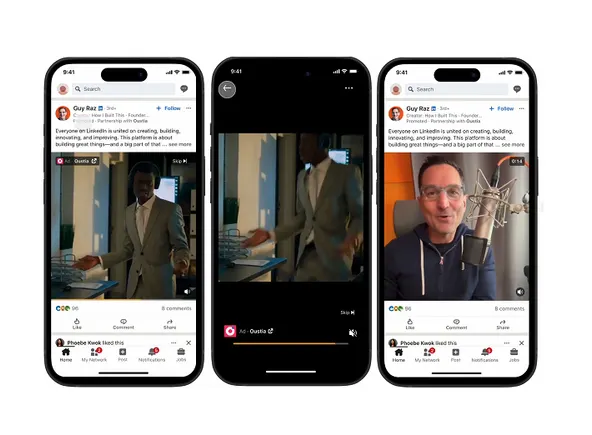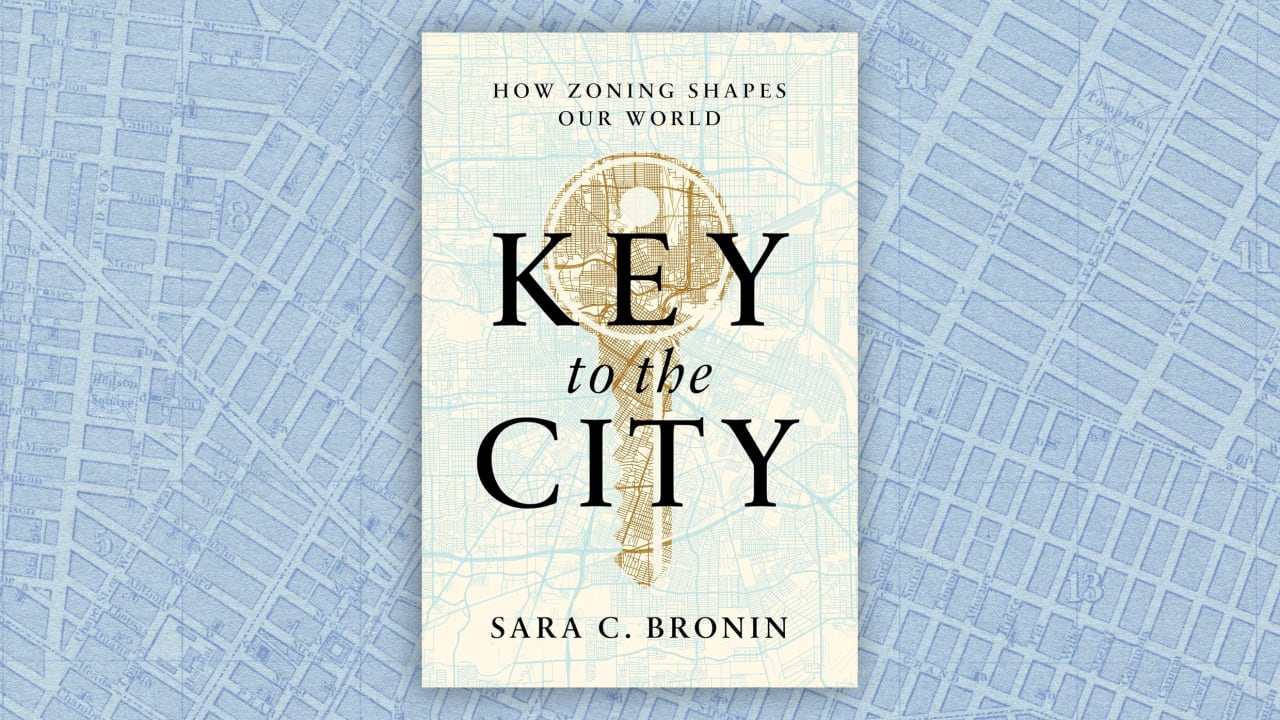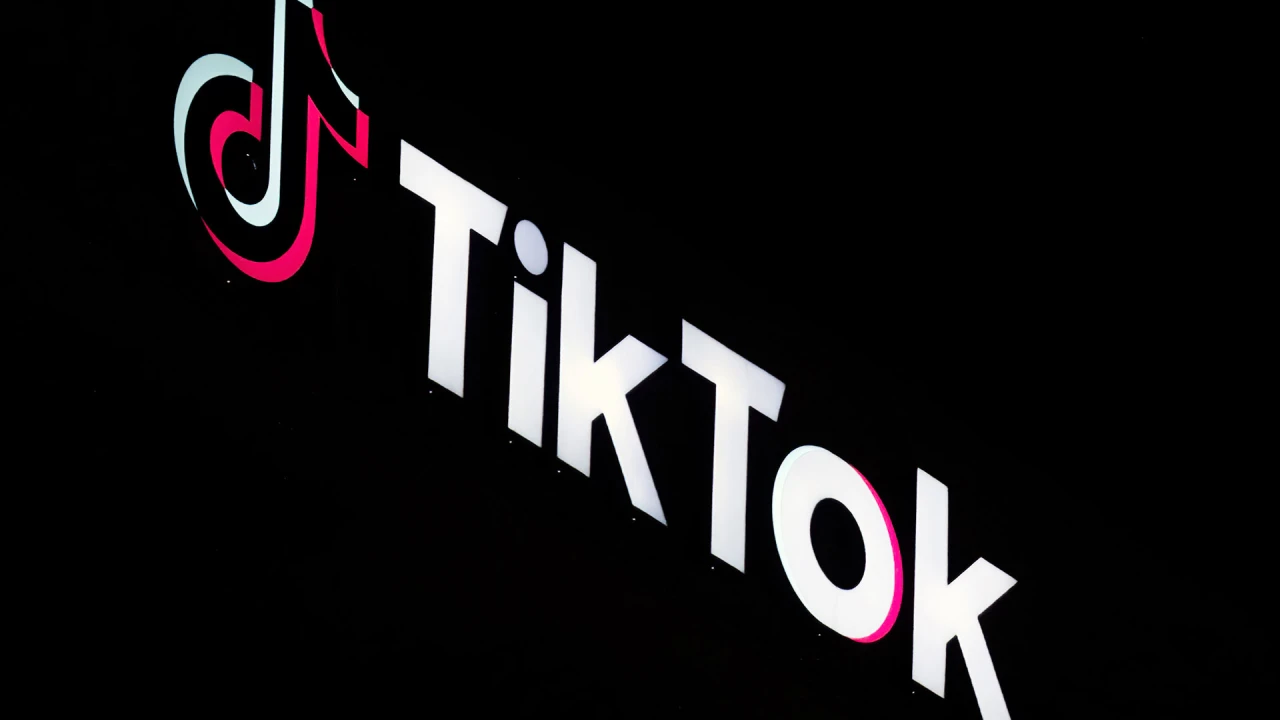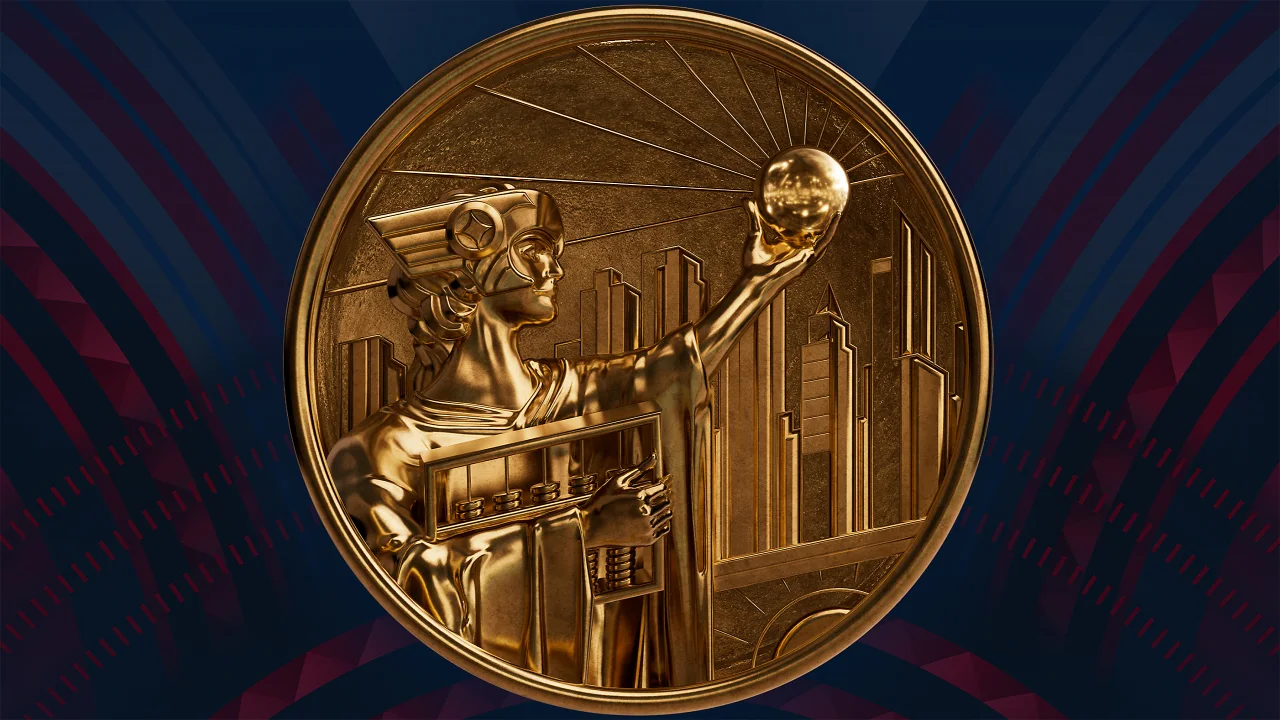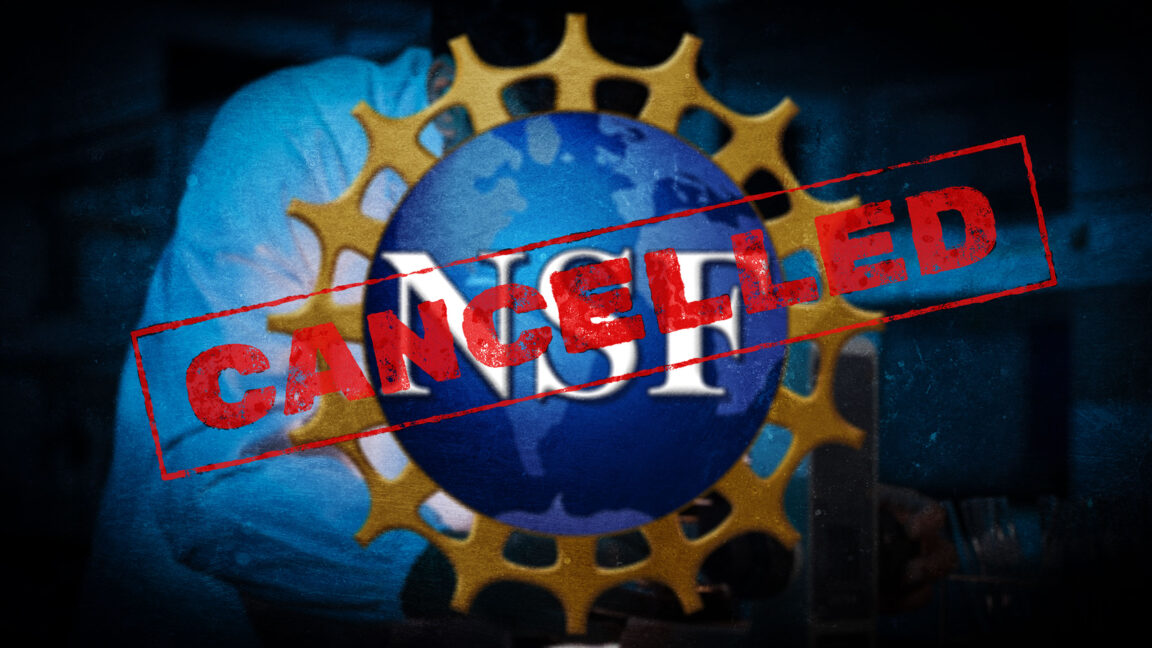Worldcon Is Getting Eviscerated for Using AI to Select Panelists
In the world where even our refrigerators are imbibed with AI, it seems nothing good is safe from the perfidious and error-prone tech. Even Worldcon, the beloved World Science Fiction Convention, isn't immune to the apparent AI takeover. Worldcon is the longest running Science Fiction gathering on the planet, happening every year since 1939, with some exceptions thanks to WWII. It's where the famous Hugo Awards get dolled out each year to literature heavyweights and runners up alike; honoring figures like Isaac Asimov, Cixin Liu, and Ursula K. Le Guin. In a statement about the planning for Seattle Worldcon 2025 […]


In a world where even our refrigerators have been imbued with AI, it seems nothing good is safe from the perfidious and error-prone tech.
Not even the beloved World Science Fiction Convention, often known affectionately as Worldcon, is immune to the AI takeover. Worldcon is the longest running sci-fi gathering on the planet, starting in 1939 and doling out the influential Hugo Awards to literary heavyweights ranging from Kurt Vonnegut to Ursula K. Le Guin.
But now the gathering has hit a huge snafu that sounds, frankly, like the plot of a Hugo-winning tale: in a statement about the planning for Seattle Worldcon 2025 later this summer, convention organizers admitted they turned to a large language model (LLM) to select which panelists to program.
"We received more than 1,300 panelist applicants for Seattle Worldcon 2025," the statement read. "Building on the work of previous Worldcons, we chose to vet program participants before inviting them to be on our program."
For context, previous panelists included vaunted sci-fi figures like James Gunn, Cixin Liu, and Jocelyn Bell Burnell.
"In order to enhance our process for vetting, volunteer staff also chose to test a process utilizing a script that used ChatGPT," the team admitted. "The sole purpose of using this LLM was to automate and aggregate the usual online searches for participant vetting, which can take up to 10-30 minutes per applicant as you enter a person’s name, plus the search terms one by one."
The staffers explain that they placed some controls on the LLM, including human review, acknowledging that generative AI "can be unreliable." They note that an expert working in the LLM field found that Worldcon's controls would protect applicants' privacy, but warned that the "process might return false results."
The Worldcon community panned the move on social media, referencing AI's shoddy track record with accuracy, formidable environmental toll, and the overall cavalier approach organizers took to vetting panelists.
"This is very disappointing and I'm consider asking for my membership fees back and not attending," retorted Space Cowboy Books, an independent sci-fi bookstore on Bluesky. "WTF, how is this a celebration of writers?!"
"Not sure if being turned down as a panelist for Worldcon feels better or worse knowing the role of AI in the process," mused Morgan Lockhart, a video game writer and fantasy author.
Others highlighted the contradiction between using AI to save time, while insisting that a human remained in the loop.
"Using this process saved literally hundreds of hours of volunteer staff time," Worldcon's memo stated, "and we believe it resulted in more accurate vetting after the step of checking any purported negative results."
"Did the tool save hundreds of hours, or did humans double check every output?" asked one poster. "It's not both."
Major controversies are becoming something of a Worldcon tradition. In 2023, an "eligibility scandal" rocked the community, after it was revealed that some Hugo-eligible authors were deemed "ineligible" due to vague "political considerations."
Then in 2024, news broke that an anonymous party had spent thousands of dollars on fake Worldcon memberships to pack the ballot for a particular author. Out of 3,813 ballots cast, at least 377 were found to be fraudulent.
It's safe to say 2025 will be a standout in the pantheon of Worldcon muckups, at least from a PR point of view. Time will tell whether the organization behind the gathering can top itself in 2026, or reign in its missteps before the whole organization loses its status as the world's premier sci-fi convention.
More on AI: ChatGPT Is Already Bungling Product Recommendations
The post Worldcon Is Getting Eviscerated for Using AI to Select Panelists appeared first on Futurism.



